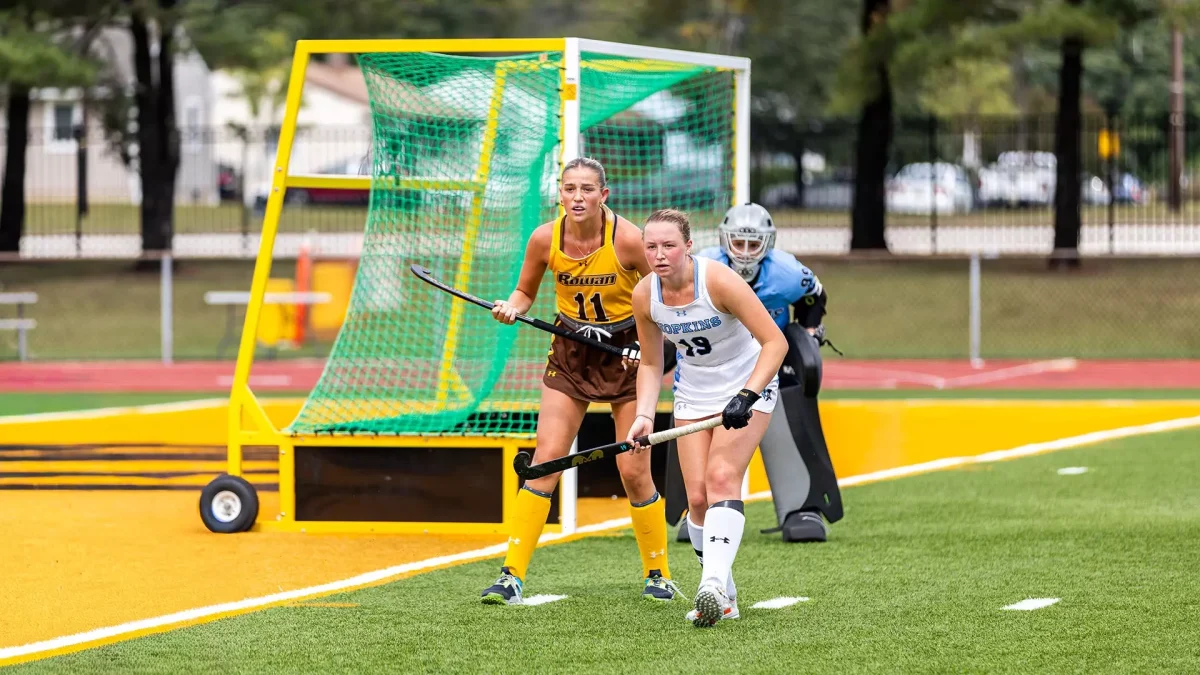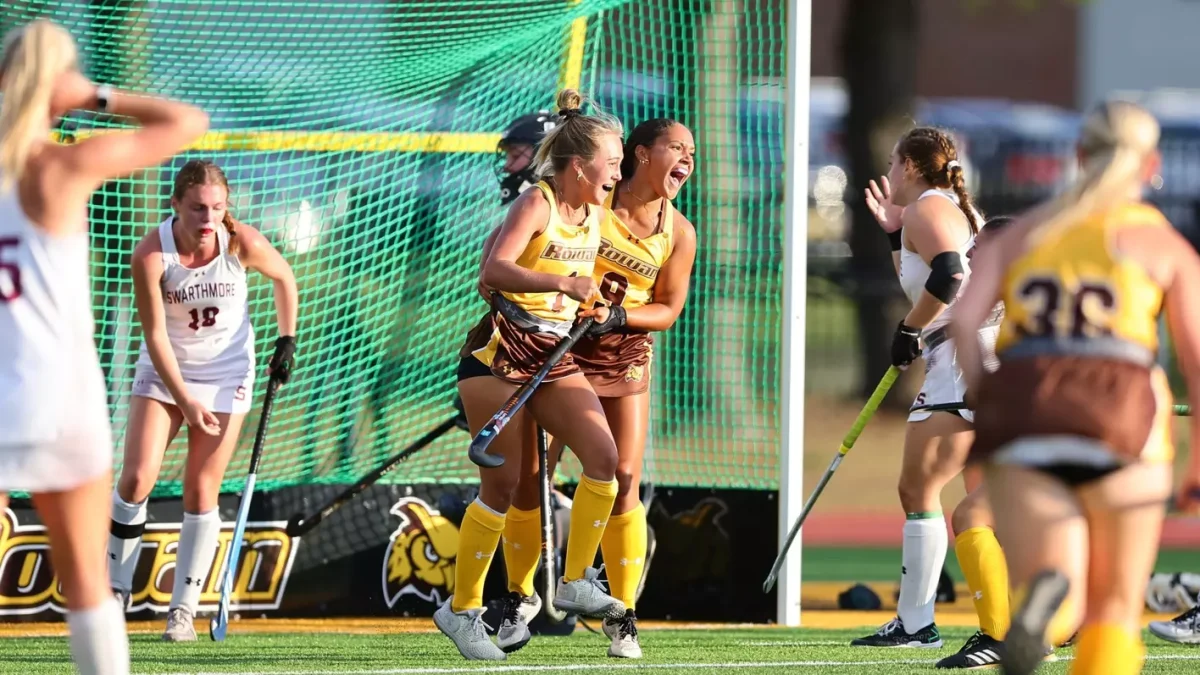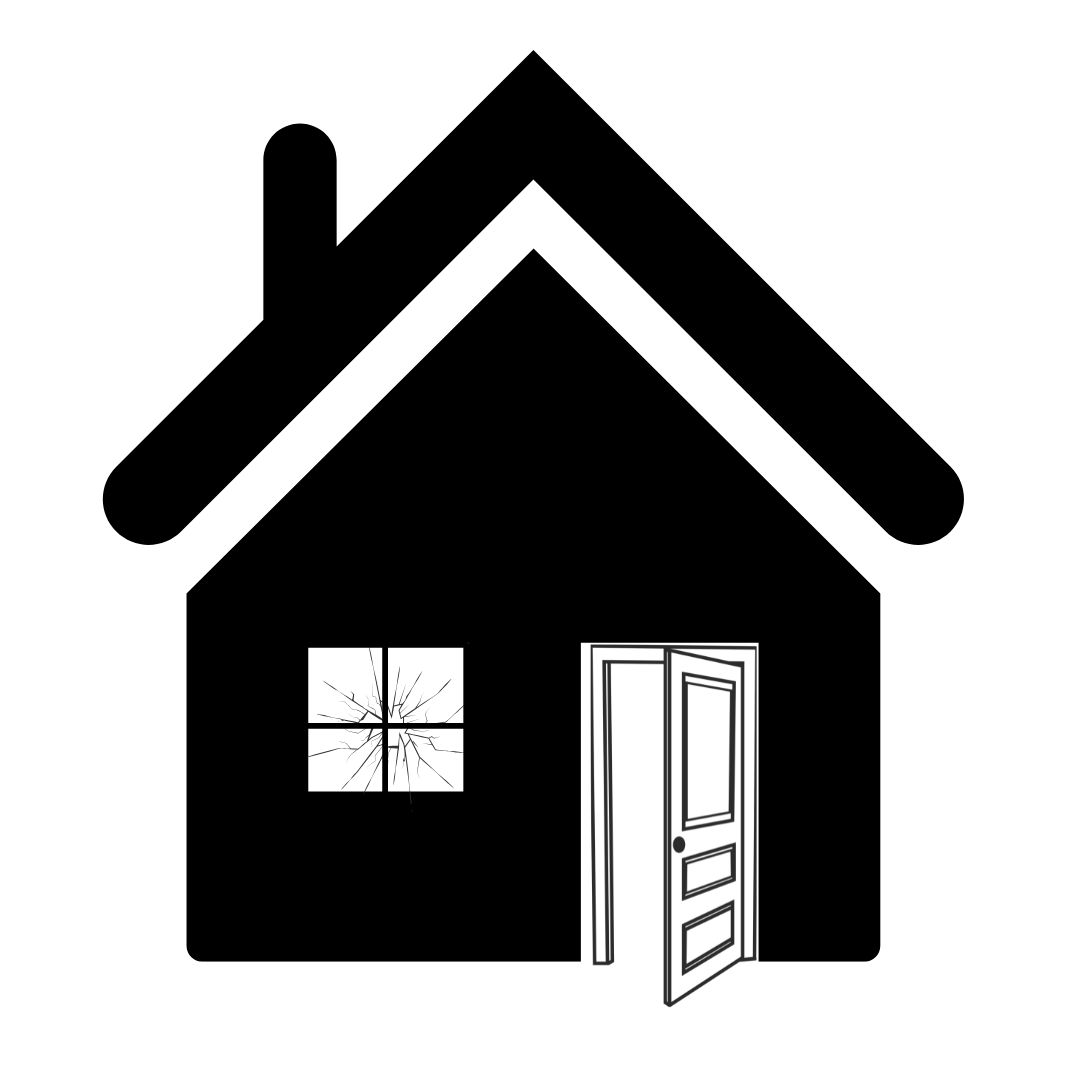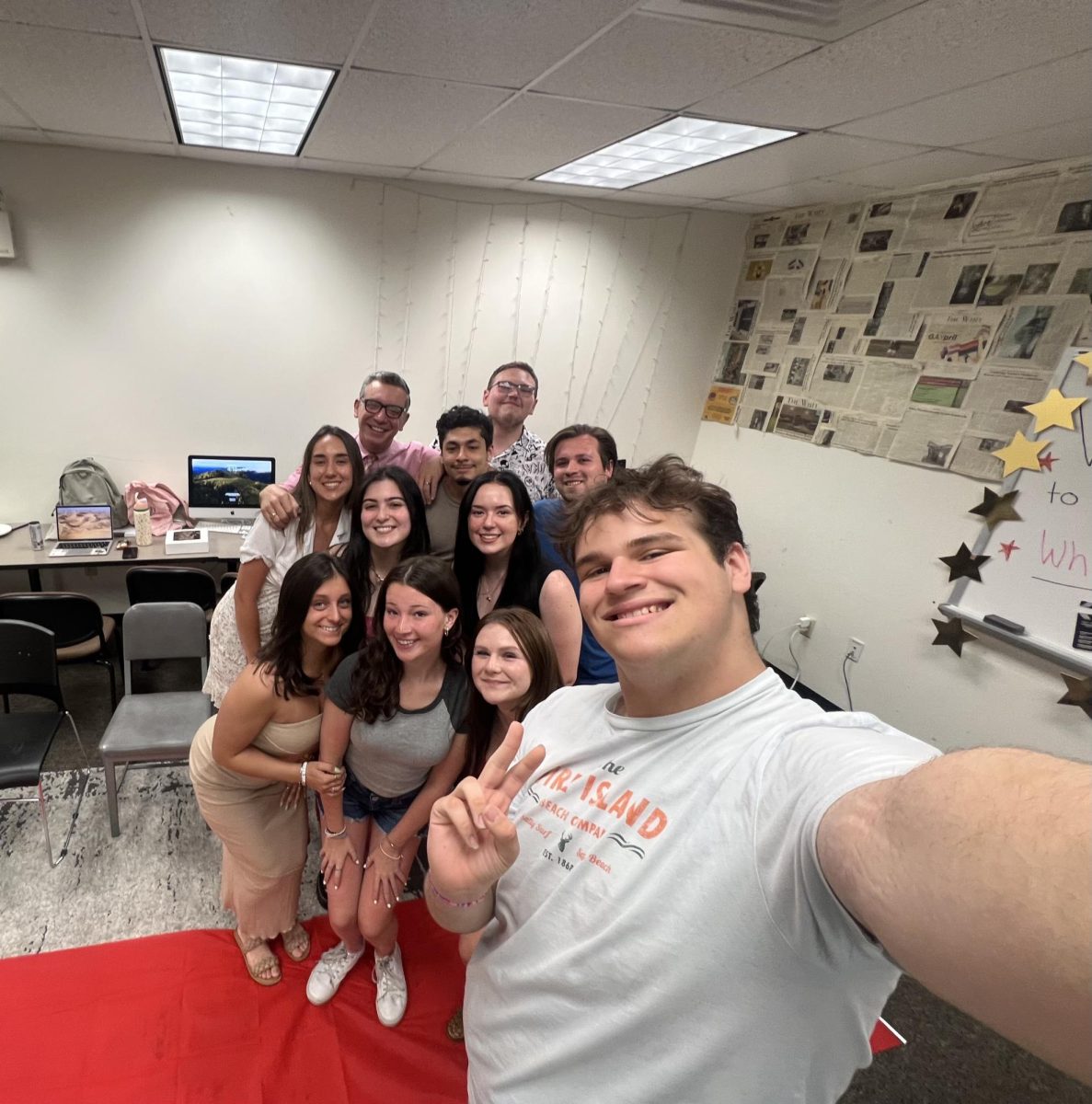Off-campus housing is often seen as a rite of passage. The freedom, the parties, and the cost-effectiveness of it make it seem like the perfect choice for living at college.
I had this sentiment until spring break, when I fell down a disturbing rabbit hole, and discovered the off-campus murders of four University of Idaho students.
I’ll spare the crazy details, but it was a tragic and deeply unsettling event that shook the University of Idaho community and raised concerns about safety and security.
This case led me down another rabbit hole of various break-ins and robberies in the off-campus neighborhood of our own university. One, which included a man breaking into a female student’s house and stealing her underwear.
Another, in December of 2022, a mere weeks after the University of Idaho incident. An unknown man was captured on a ring camera in a Rowan student’s off-campus house and went viral on TikTok. All of this really got me thinking.
Is off-campus housing really as safe as we think?
The university does not control most off-campus residences. They’re run by landlords, who rent their houses out to students during the school year. Some of these houses have sustained a multitude of unresolved issues. Ranging from broken sinks to broken locks on windows and doors.
These crimes in Idaho, and even here at Rowan, highlight how easily intruders can just slip into these houses. Even in houses without structural and mechanical issues, students may not be the most responsible, and can be led to believe that even in these houses they are 100% safe.
Living in a college town gives us an almost false sense of security. Thinking that it is only fellow students who coexist in a town. We almost do not realize that there is a whole town around us, and we think we live in a bubble. This leaves us as students very vulnerable to crimes in homes, and even on campus. Most of us do not realize the risks of these situations until after they happen.
If you look at the Rowan crime logs, just this past month alone, there have been reports of stalking, vandalism, and domestic abuse, and this is just on campus. Imagine what’s happening around us, and how many people aren’t aware of it.
As I said earlier, the university has little to no control over off-campus residencies and doesn’t have access to most of the services of Rowan police and the RowanSafe app, such as the Virtual Walk Home. A service where the university police watch your location as you walk home. Leaving off-campus housing leaves students virtually stranded from accessing the same amenities that on-campus students receive.
Social media is one of, if not the most common, places that pose a danger to us. Our generation loves to post their lives as they happen when they happen, which poses a huge risk. You don’t know who is watching you as you post, waiting for the opportunity for you to be vulnerable.
Although things like these are scary, and I am in no way trying to fear monger or steer people away from off-campus living, they are very real situations that could happen. But they are also very preventable situations, and I want to give you some ways to make the risk levels smaller and keep more students safe.
Start with something as simple as locking your doors and windows at night. Then expand to maybe investing in security enhancements to the house, such as doorbell cameras, which nearly everyone has today, but also motion sensor lights and even extra locks can be a lifesaver.
I also believe in being mindful of who has access to your home, but don’t be afraid to welcome people in. Your off-campus home is a place for connection, comfort, and community, and it’s natural to invite friends, family, and guests over. The key is to be mindful. During social gatherings, create a welcoming atmosphere while keeping an eye on personal belongings and shared spaces. Trust your instincts, set boundaries when necessary, and remember that feeling secure in your own space doesn’t mean shutting people out—it just means being aware and intentional about who comes in.
If something feels wrong, it’s okay to take it seriously. Your intuition is such a valuable tool. Not every unusual situation is a threat, but if you notice something concerning, don’t hesitate to report it or check in with a neighbor. Staying aware doesn’t mean living in fear. It just means being mindful and proactive about safety in your community. Looking out for each other helps create a space where everyone feels secure.
Overall, this is in no way a piece on bashing off-campus living, or a way to scare students away. I think off-campus housing has its pros and cons like everything else. Just know the risks, and make sure you are keeping yourself 100% safe to the best of your ability.
For comments/questions about this story DM us on Instagram @thewhitatrowan or email [email protected]

























































































































































!["Working with [Dr. Lynch] is always a learning experience for me. She is a treasure,” said Thomas. - Staff Writer / Kacie Scibilia](https://thewhitonline.com/wp-content/uploads/2025/04/choir-1-1200x694.jpg)











































